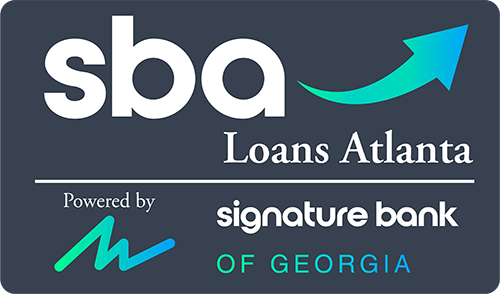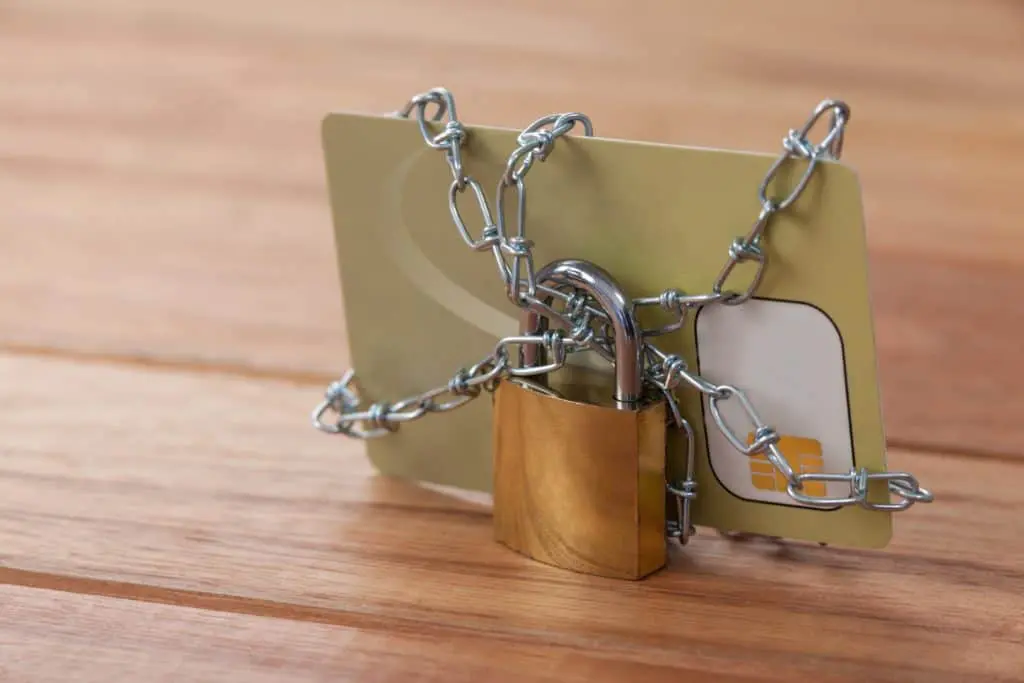For the past 17 years, the nation’s Cybersecurity and Infrastructure Security Agency (CISA) has marked October with a focus on defending consumers from cyberattacks, raising awareness on the importance of cybersecurity, and helping Americans find the resources they need to stay safe and secure online.
This spotlight on internet security includes a month of resources, promotions and outreach programs to help individuals and organizations stay personally accountable and take the necessary proactive steps to enhance their own cybersecurity measures, all falling under the title National Cybersecurity Awareness Month (NCSAM)
There’s no data that needs protecting quite like your financial data. According to Entrepreneur, the top form of information hackers are looking for is your personal information, including your Social Security number, birth date, and financial information.
Since this information is so appealing to malicious hackers, what can you do to protect yourself from the threat of cyberattacks? Let’s take a look at a few ways you can shield yourself from online criminals and amp up your cybersecurity measures.
Prevent Identity Theft and Other Internet Scams
The FBI states that in 2019, more than 114,700 U.S. consumers fell prey to phishing attacks, for a total of $57.8 million. That’s an average of $500 each. It’s important to know what some of the most common attacks are so that you can stay vigilant when hackers show up in your inbox or when you come across suspicious sites online.
What are the top internet scams? According to Investopedia, these are the most common scams to be on the lookout for:
- COVID-19-related online scams, including fake health organizations, faulty products, bogus government agencies, fraudulent financial offers and fake donation requests from scammers posing as charitable organizations (You can read more about pandemic-related scams here).
- Phishing scams, such as an email from a seemingly familiar enterprise that directs you to a site and collects sensitive information from you or installs malware on your device. These scams steal your information and leave your computer vulnerable to hackers.
- Fake shopping websites that offer too-good-to-be-true deals on known brands or “formjacking,” when hackers gain access to a legitimate online retail site and steal personal and credit card information.
- Fake antivirus software and other tech support scams claiming consumers have been exposed to a virus and gathering credit card information or prompting consumers to install malware on their device.
- Grandparent scams that prey on unsuspecting senior citizens who send money to take care of false family emergencies by sending money directly to scammers.
- Nigerian letter scams, pre-approved loan scams, debt-relief and credit-relief scams and fake check scams
What else can you do to stay protected against these kinds of attacks? Here is some advice from the Federal Trade Commission (FTC):
- Keep your software up to date.
- Don’t hand out your personal information.
- Protect your passwords.
- Only give personal information over encrypted sites. These will have an “https” at the beginning of their web address.
Keep Your Organization Secure
In 2019, the average cost of a data breach for an organization was $8.19 million. It’s no wonder that 60% of small businesses fold within six months of a cyberattack or data breach.
So what can you do to keep your organization protected from hackers?
- Install software and hardware firewalls to act as a shield against attackers looking to gain access to your organization’s secure data.
- Install credible software like anti-malware, anti-phishing, and anti-spam tools to identify and protect against threats.
It’s also important to know that most content management systems (CMS) that store your data and run your website are vulnerable to attacks. CMS platforms like WordPress and Drupal offer so many plugins that it can open you up to attack on both your customer-facing front end and your back-end data storage.
For these systems, performing regular audits, installing web application firewalls, requiring two-factor authentication, and keeping all your software and plugins updated is crucial.
Cybersecurity and Online Banking
Whether you are managing online banking for an organization or for yourself, there are plenty of steps you can take to protect online banking information. Here are a few precautions to take to keep online banking as safe as possible:
- Stay alert against phishing email scams and links or attachments sent in emails from unverified sources.
- Enable two-factor authentication for an added safety measure, like a one-time password sent to your phone or email address for an online banking transaction.
- Keep your computer and phone software updated to shield against new attack approaches and to address existing security flaws.
- Never access your banking information or log onto your bank account using public Wi-Fi. It’s also a good idea to avoid making purchases on public Wi-Fi.
- Enable alerts for bank transactions, purchases and other bank activity so you know as soon as a transaction occurs.
- Use only strong passwords to make it harder for hackers to get into your online portal.
What qualifies as a strong password? Your password should meet the following standards:
-
- Avoid common words and guessable word combinations.
- Longer passwords are better, and passwords should be at least eight characters long.
- Don’t recycle passwords or use the same password for more than one account.
- Try using a string of seemingly unrelated words as a password.
- Keep track of your passwords using a password manager like 1Password or LastPass.
Stay Informed and Consult the Professionals
You can keep track of what threats are happening across the country with regular updates from the FTC, published here.
At the Signature Bank of Georgia, our top priority is your confidence in our institution. We will never ask for your personal information via email or over the phone, and we work hard to keep our online banking tools as secure as an impenetrable, reinforced bank vault. Why? Because your security matters to us.
If you have questions about whether or not you’re receiving a legitimate offer or contact from us, we’re here to help! Don’t hesitate to reach out to us at (404) 609-0676 or by contacting us here.


